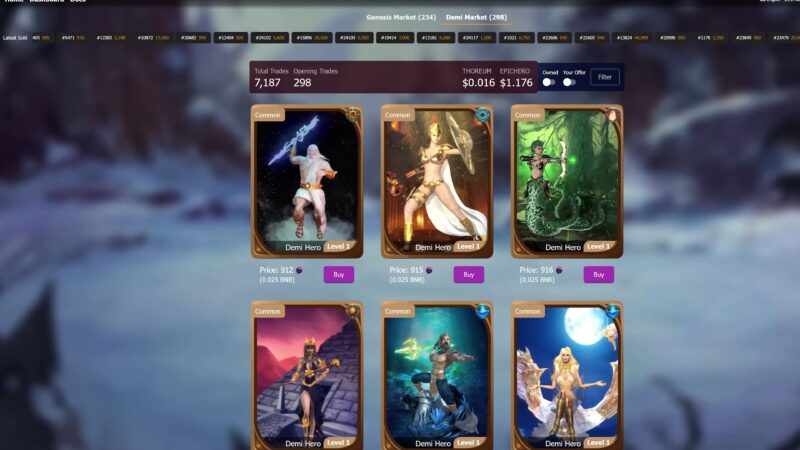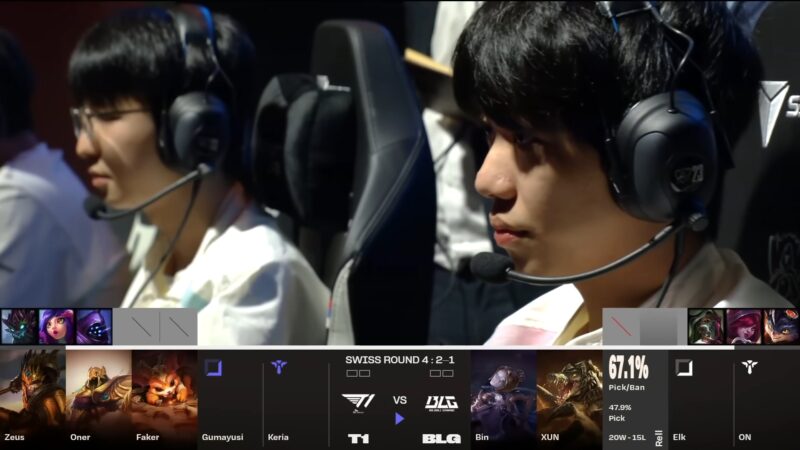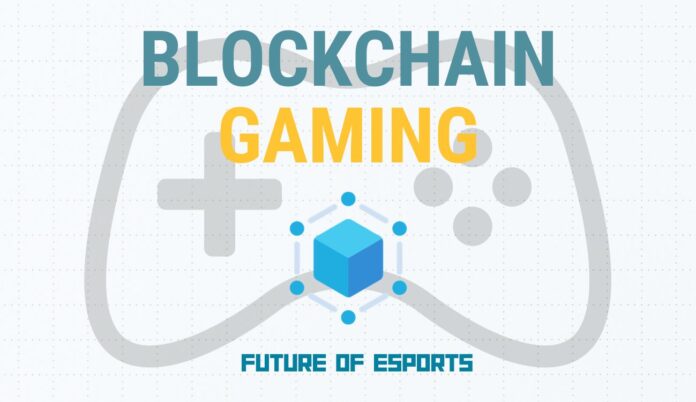The world of gaming has come a long way since the days of Pong and Space Invaders. With technological advancements, the gaming industry has evolved into a multi-billion-dollar juggernaut, spanning various platforms and genres.
Among the most significant developments in recent years is the fusion of blockchain technology and gaming, which is shaping the future of esports in remarkable ways.
In this blog, we’ll explore the exciting world of blockchain gaming, its impact on the esports industry, and the potential it holds for the future.
Blockchain Gaming
Blockchain technology, famously known as the backbone of cryptocurrencies like Bitcoin, is a decentralized and distributed ledger system. In gaming, it is used to create unique digital assets, verify in-game transactions, and offer true ownership of virtual items.
Traditional video games often rely on centralized servers to manage player data, virtual items, and in-game economies. This can lead to issues like fraud, lack of transparency, and censorship.
Blockchain gaming, on the other hand, leverages the decentralized nature of blockchain technology, giving players greater control over their in-game assets. By utilizing smart contracts, in-game items become unique, tradable, and immutable.
Gamers can buy, sell, and trade these assets with confidence, knowing that ownership is guaranteed on the blockchain. This innovation has opened the door to a host of possibilities within the gaming and esports industry.
Blockchain Gaming in Action

Several blockchain slot online gaming platforms have emerged, each offering unique gaming experiences and opportunities for players to earn rewards. Let’s look at some examples:
- Decentraland: Decentraland is a decentralized virtual world built on the Ethereum blockchain. In this metaverse, players can purchase and develop virtual real estate, participate in social activities, and create unique digital assets. It blurs the lines between gaming and the virtual world, offering players true ownership and endless opportunities for creativity.
- Axie Infinity: Axie Infinity is a blockchain-based game that combines elements of pet ownership and battling. Players collect and breed creatures called Axies, which they can use to battle other players. Axie Infinity has its own cryptocurrency, allowing players to earn and trade tokens through their in-game activities.
- CryptoKitties: CryptoKitties was one of the first blockchain games to gain widespread attention. In this game, players collect, breed, and trade unique virtual cats. Each CryptoKitty is represented as a non-fungible token (NFT) on the Ethereum blockchain, ensuring scarcity and uniqueness.
Impact on Esports

The integration of blockchain technology into gaming is having a profound impact on esports, creating new opportunities and addressing longstanding challenges.
- True Ownership: Blockchain gaming grants players true ownership of in-game assets. In traditional esports, players invest time and money to unlock skins, weapons, or other items. However, these assets are often locked within the game and have no real-world value. In blockchain gaming, players can trade or sell these assets, potentially earning real income.
- Transparency and Fair Play: Blockchain provides transparency and security for esports competitions. Smart contracts can be used to create and enforce tournament rules, ensuring fair play and transparent payouts. This reduces the risk of cheating and match-fixing, two issues that have plagued the esports industry.
- Enhanced Monetization: Esports players, teams, and organizations can monetize their achievements and in-game assets more effectively through blockchain. Sponsorships and fan engagement can extend beyond the game itself, with opportunities for fans to purchase limited-edition virtual items, directly support their favorite players, and trade assets in secondary markets.
- Decentralized Gaming Platforms: Blockchain gaming can introduce decentralized platforms that empower gamers to have more control over their gaming experiences. By reducing the power of centralized gaming companies, players can have a greater say in the development and governance of the games they love.
Challenges and Concerns

While blockchain gaming holds immense promise, it’s not without challenges and concerns:
- Scalability: Blockchain networks like Ethereum have faced scalability issues, leading to high transaction fees and slower processing times. These challenges need to be overcome to make blockchain gaming more accessible and efficient.
- Regulatory Uncertainty: As blockchain gaming involves the use of cryptocurrencies and digital assets, it may face regulatory hurdles in some jurisdictions. Clear and supportive regulations will be necessary for the industry to thrive.
- User Experience: The complexities of blockchain technology can be intimidating for some gamers. To reach mainstream adoption, blockchain gaming platforms must offer a user-friendly experience that doesn’t require extensive technical knowledge.
The Future of Esports with Blockchain Gaming
The fusion of blockchain and esports is a dynamic and transformative development with vast potential. The future of esports will likely see the following trends and advancements:
- Mainstream Adoption: As blockchain gaming becomes more user-friendly and accessible, it will attract a broader audience, including traditional gamers. This integration will create new revenue streams for players and organizations and further elevate the profile of esports.
- Enhanced Esports Betting: Blockchain technology can make esports betting more secure and transparent. Smart contracts can automate payouts and ensure that wagers are processed fairly. Betting on individual player performance and even in-game events could become commonplace.
- Virtual Reality (VR) Integration: Combining blockchain gaming with VR technology could take esports to a whole new level. Players may immerse themselves in virtual worlds, competing in high-stakes tournaments and owning virtual property, all secured by blockchain.
- Tokenization of Esports Organizations: Esports organizations may tokenize their assets, offering fans and investors a share of the team’s success. These tokens could represent ownership in the organization, granting voting rights and a share of profits.
- Cross-Platform Compatibility: Blockchain gaming platforms may become more interoperable, allowing players to use their assets across various games and virtual worlds. This would foster a seamless and continuous gaming experience.
Conclusion
Blockchain gaming is revolutionizing the esports industry, offering players unprecedented ownership of in-game assets, enhanced monetization opportunities, and a more transparent and secure gaming ecosystem.
The future of esports with blockchain technology looks promising, with a broader audience, new revenue streams, and innovative experiences on the horizon.
However, the industry still faces challenges that need to be addressed for mainstream adoption. As blockchain technology continues to evolve, the esports industry is sure to evolve with it, creating exciting new possibilities for gamers and enthusiasts alike.




